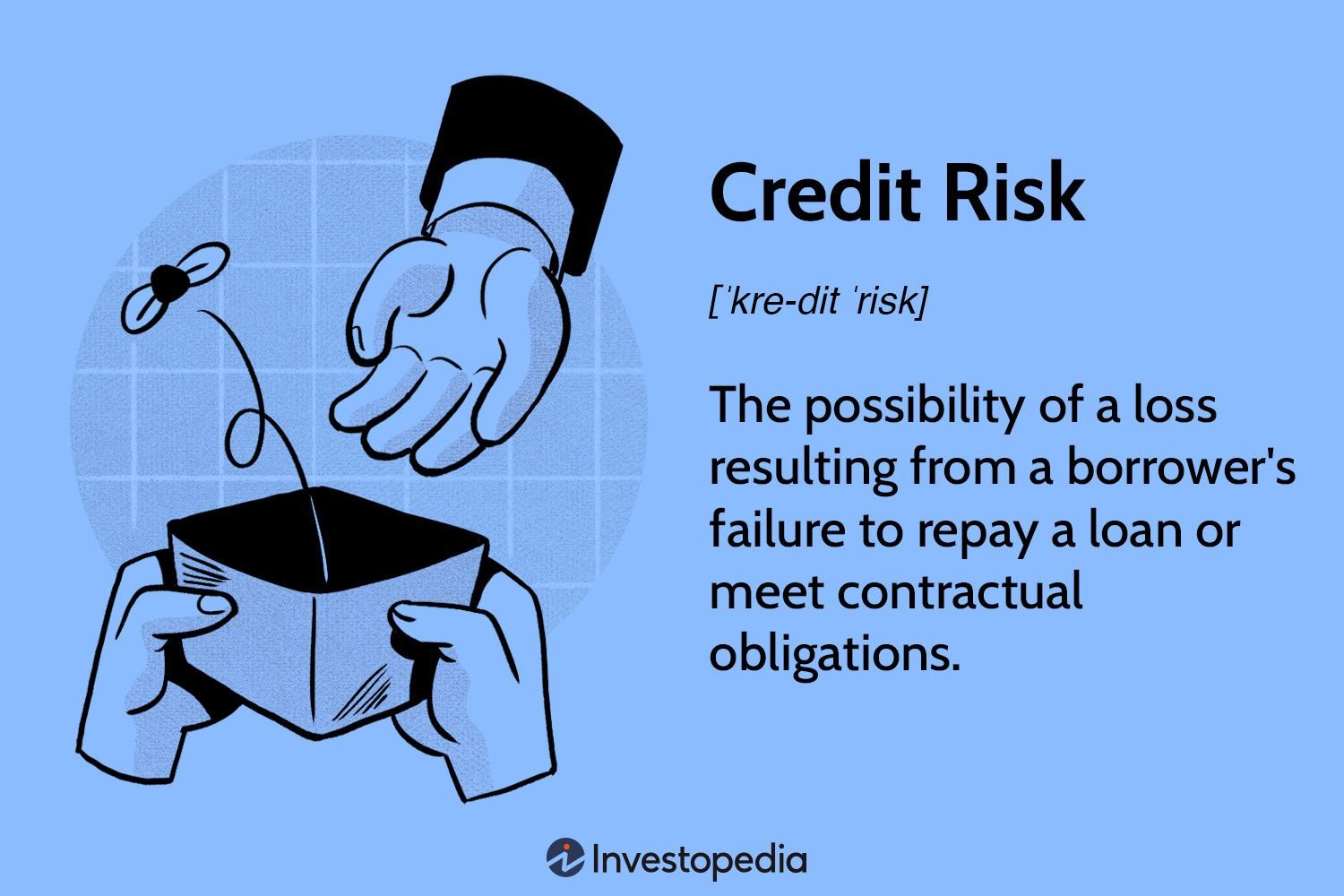Co-signing a loan can be a generous gesture to help someone secure the financial assistance they need. However, before you sign on that dotted line, it is crucial to fully understand the financial implications that come along with this act of kindness. Many individuals often underestimate the potential risks and responsibilities involved in co-signing a loan, leading to unforeseen consequences. In this article, we will delve deep into understanding the financial implications of co-signing a loan, providing you with valuable insights and guidance to make an informed decision. Let’s embark on this journey together, exploring the intricacies of co-signing and its impact on your financial well-being.
Understanding the Financial Implications of Co-signing a Loan
Introduction
Co-signing a loan is a significant financial decision that should not be taken lightly. While it can be a noble act of helping someone who may not qualify for a loan on their own, it also comes with a considerable amount of risk. In this article, we will delve into the various aspects of co-signing a loan and explore the financial implications that it carries. Understanding these implications is crucial to making an informed decision and protecting your own financial well-being.
The Basics of Co-signing
When you co-sign a loan, you become equally responsible for repaying the debt alongside the primary borrower. You essentially act as a guarantor, providing additional security for the lender. This is often done when the primary borrower has a weak credit history or insufficient income to qualify for the loan independently.
1. Shared Responsibility
Co-signing a loan means that you are legally bound to fulfill the financial obligations if the primary borrower is unable to do so. This includes making payments on time and in full. It is important to understand that your credit history and financial well-being are at stake when co-signing a loan.
2. Potential Risks
While co-signing can be a great help to the primary borrower, it can also come with significant risks for the co-signer. Some of the potential risks include:
- Damage to your credit score: If the primary borrower fails to make payments or defaults on the loan, it will negatively impact your credit score.
- Legal consequences: As a co-signer, you can be held legally responsible for the debt. This may involve lawsuits, wage garnishment, or even the seizure of assets.
- Strained relationships: Money matters can often strain relationships, and co-signing a loan can add an additional layer of complexity. If the primary borrower defaults, it can lead to tension and potential fallout.
Weighing the Pros and Cons
1. Advantages of Co-signing
Co-signing a loan does come with some potential benefits, which may influence your decision. These include:
- Helping loved ones: Co-signing can enable your loved ones to access credit when they need it the most, such as buying a car or securing a student loan.
- Building credit: If the primary borrower makes timely payments, it can help establish or improve their credit history, potentially benefiting both parties involved.
- Lower interest rates: With a co-signer, the primary borrower may be able to secure a loan with more favorable terms, including a lower interest rate.
2. Drawbacks of Co-signing
While there are potential advantages, it is essential to consider the drawbacks before making a decision:
- Financial liability: Co-signing means taking on full responsibility for the loan. If the primary borrower defaults, you will be required to make the payments, potentially impacting your own financial stability.
- Damage to credit score: Any missed payments or defaults by the primary borrower will reflect on your credit report, potentially making it more challenging for you to access credit in the future.
- Strained relationships: Money can sometimes create tension between co-signers and borrowers, especially if repayment becomes an issue. It is crucial to consider the potential strain on relationships before committing to co-signing.
Protecting Yourself as a Co-signer
1. Communication and Trust
Before co-signing a loan, it is vital to have open and honest communication with the primary borrower. Make sure you fully understand their financial situation, their ability to make payments, and their commitment to repaying the loan. Trust is essential in this process.
2. Set Clear Expectations
Establishing clear expectations and boundaries can help minimize potential misunderstandings or conflicts. It is advisable to have a written agreement that outlines each party’s responsibilities and the consequences of default.
3. Be Prepared Financially
As a co-signer, you should be financially prepared to take on the loan payments if the primary borrower is unable to fulfill their obligations. Ensure that you have enough savings or income to cover the loan payments without jeopardizing your own financial stability.
4. Regular Monitoring
Stay actively involved in the loan process by keeping track of payments and monitoring the loan account. This will help you identify any potential issues early on and take appropriate action.
Alternatives to Co-signing
If you are not comfortable with the financial risks associated with co-signing a loan, there are alternative options to consider:
1. Offering a Secured Loan
Instead of co-signing, you can consider offering a secured loan. In this case, you lend the money directly to the borrower and hold collateral as security. If the borrower defaults, you have a legal claim to the collateral to recover your funds.
2. Helping Improve Credit
If the primary borrower’s credit history is the main obstacle, you can assist them in improving their credit score. This can be done by advising them on responsible credit practices, helping them create a budget, or even adding them as an authorized user on your credit card.
3. Exploring Other Options
Encourage the borrower to explore alternative sources of funding such as grants, scholarships, or low-interest loans specifically designed for their situation. Research different financial institutions and programs that cater to borrowers with limited credit history.
Co-signing a loan is a significant financial decision that carries both benefits and risks. Understanding the implications and evaluating all the factors involved is crucial before committing to such an arrangement. By weighing the pros and cons, protecting yourself as a co-signer, and exploring alternative options, you can make an informed decision that aligns with your financial goals and priorities. Remember, it’s important to prioritize your own financial well-being while also supporting your loved ones.
Cosigning a loan- what you should know
Frequently Asked Questions
Frequently Asked Questions (FAQs)
What does it mean to co-sign a loan?
When you co-sign a loan, you are essentially agreeing to take equal responsibility for the loan along with the primary borrower. This means that if the borrower fails to repay the loan, you are legally obligated to repay it in their place.
What are the financial implications of co-signing a loan?
Co-signing a loan can have both positive and negative financial implications. On the positive side, it can help someone who may not otherwise qualify for a loan to access credit. However, it also comes with risks. If the borrower misses payments or defaults on the loan, your credit score could be negatively affected, and you may be held responsible for repaying the loan in full.
Can co-signing a loan affect my credit score?
Yes, co-signing a loan can impact your credit score. If the borrower makes timely payments, it can have a positive effect on your credit. However, if they miss payments or default on the loan, it can harm your credit score. Lenders will also consider the co-signed loan when assessing your creditworthiness for future loans or credit applications.
How does co-signing a loan affect my ability to get credit in the future?
Co-signing a loan increases your overall debt-to-income ratio, which lenders consider when evaluating your creditworthiness. If you decide to apply for credit in the future, lenders may perceive you as a higher credit risk due to the existing co-signed loan. This could result in higher interest rates or potential rejections for future credit applications.
Is there a way to remove myself as a co-signer from a loan?
In some cases, it may be possible to remove yourself as a co-signer from a loan. This typically involves refinancing the loan in the borrower’s name only, assuming they meet certain financial criteria. It’s important to check with the lender to see if this option is available and evaluate the potential impact on your credit.
What happens if the borrower defaults on the loan?
If the borrower defaults on the loan, the responsibility for repayment falls on you as the co-signer. The lender may pursue legal action against you to collect the outstanding debt. Additionally, your credit score will be negatively affected, making it more challenging for you to obtain credit in the future.
Can I negotiate my role as a co-signer?
The terms of co-signing a loan are typically non-negotiable. Lenders usually require co-signers to accept full responsibility for the loan. However, you may be able to discuss the possibility of being released as a co-signer once the borrower has established a good payment history or improved their creditworthiness.
Are there any alternatives to co-signing a loan?
Yes, there are alternative options to co-signing a loan. For example, if you are comfortable with it, you could consider lending the money directly to the borrower. Another option is to help the borrower work on improving their credit score so they can qualify for the loan on their own. Additionally, exploring other sources of financial assistance, such as grants or scholarships, may be beneficial.
Final Thoughts
Understanding the financial implications of co-signing a loan is crucial. Co-signing involves taking on responsibility for someone else’s debt obligations if they are unable to make payments. This can have a significant impact on your own financial situation. It is important to consider the potential risks before agreeing to co-sign a loan. These risks include damaged credit if the borrower defaults, increased debt-to-income ratio, and potential strain on personal relationships. It is vital to assess your financial capabilities and the trustworthiness of the borrower before making a decision regarding co-signing.



